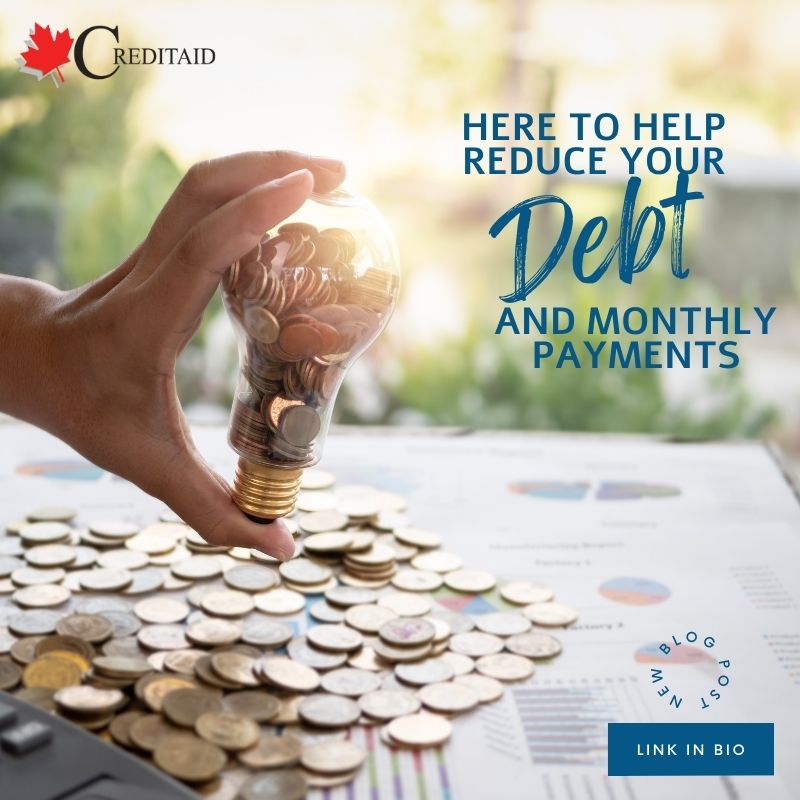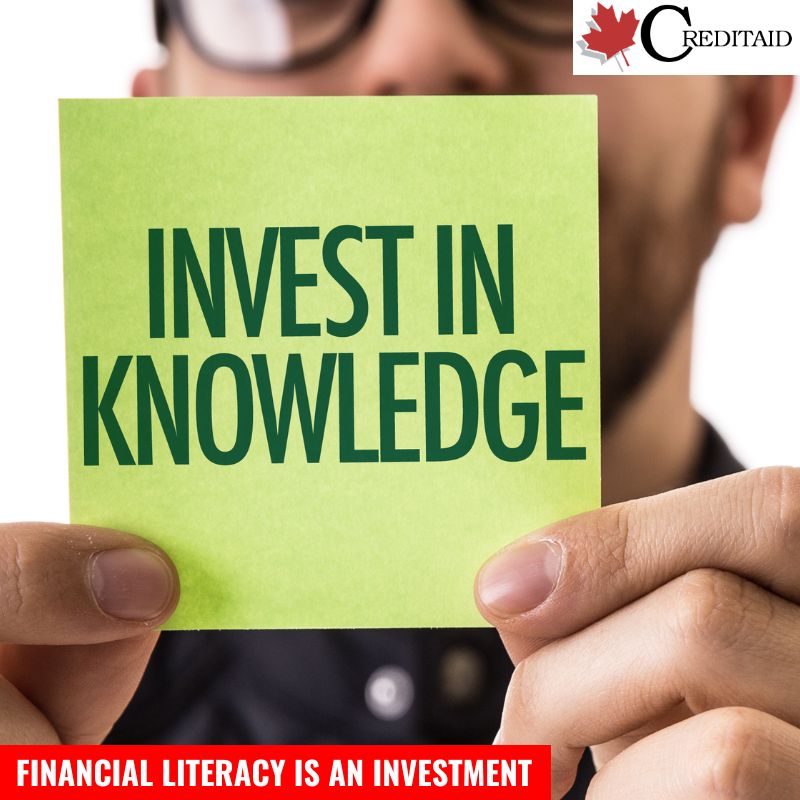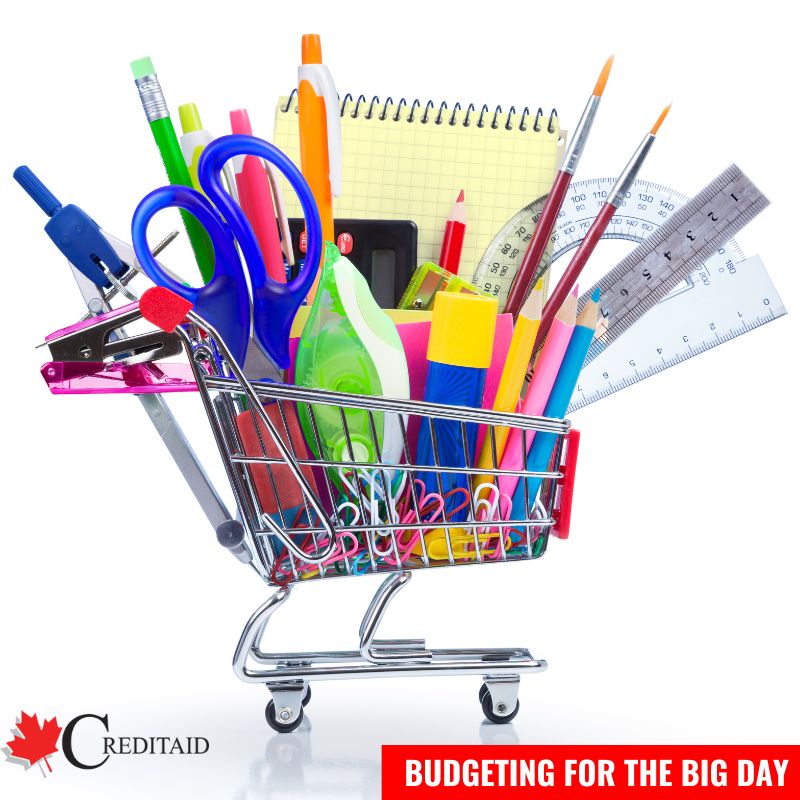The holiday season, while filled with joy and festivities often brings with it financial challenges that can leave many Canadians grappling with debt. At Creditaid, we understand the importance of smart financial management, especially during this time. In this guide, we’ll explore the art of holiday budgeting, offering practical tips to help you enjoy the season without accumulating more debt. And remember, seeking help for your debt challenges is a proactive step towards a brighter financial future.
Section 1: Understanding Holiday Spending Habits in Canada
‘Tis the season for giving, but it’s crucial to be aware of the impact on your wallet. Statistics reveal that Canadians often succumb to the pressure of overspending during the holidays, contributing to financial strain. As a debt help company, we’re here to guide you through the season with strategic budgeting.
Section 2: The Benefits of Holiday Budgeting
Imagine a holiday season without the stress of looming debt. Effective budgeting not only helps you avoid financial strain but also brings peace of mind. At Creditaid, we’ve seen firsthand the transformative power of a well-planned budget in relieving financial pressure.
Section 3: Practical Tips for Creating a Holiday Budget
- Assessing Financial Situation:
Start by taking stock of your current financial situation. Knowing your income, expenses, and existing debts is the first step towards creating a realistic budget. - Setting Realistic Spending Limits:
Determine reasonable spending limits for gifts, decorations, and other holiday expenses. Avoid the temptation to overspend by setting clear boundaries. - Creating a Detailed Spending Plan:
Craft a comprehensive budget that covers all holiday-related expenses. Utilize budgeting tools or apps to track your spending and stay on course. - Prioritizing Essential Expenses:
Ensure that essential expenses like bills and debt payments take precedence over discretionary holiday spending. It’s a crucial step in maintaining financial stability. - Exploring Affordable Gift Options:
Get creative with your gifts. Consider budget-friendly options and set expectations with friends and family about the nature of gift exchanges.
Section 4: Leveraging Money-Saving Strategies
- Taking Advantage of Sales and Discounts:
Maximize holiday sales and discounts without breaking the bank. Plan your purchases strategically to make the most of these opportunities. - DIY Decorations and Gifts:
Embrace the spirit of the season by creating your own decorations and gifts. Not only is it cost-effective, but it also adds a personal touch to your celebrations. - Group Gift Exchanges:
Consider group gift exchanges to alleviate individual financial burdens. It’s a fun and budget-friendly way to celebrate with loved ones.
In conclusion, holiday budgeting is a proactive approach to financial well-being. At Creditaid, we encourage you to take charge of your finances this festive season. Our commitment to helping Canadians overcome debt challenges is unwavering. Don’t wait until it’s too late—seek help, explore our resources, and take the first step towards a debt-free future. Let this holiday season be one of joy, celebration, and financial empowerment.











